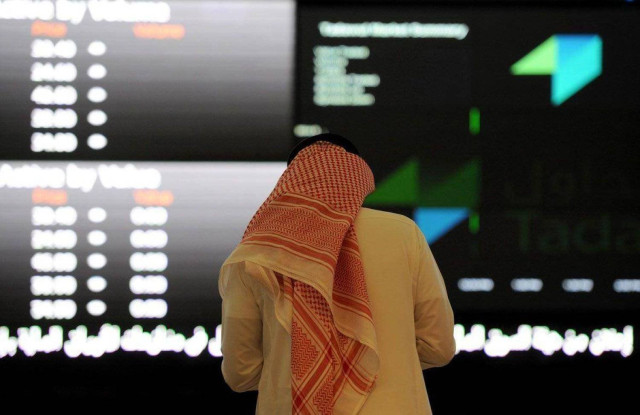Financial analysts and market experts are anticipating a decline in Gulf stock markets during the upcoming summer.
They expect lower stock values, decreased trading volumes, sectoral stagnation, postponed investment decisions, and a focus on maintaining strong positions in high-performing large-cap stocks.
This trend is attributed to the majority of traders taking their annual vacations during this period. Traditionally, sectors such as travel, tourism, aviation, and hospitality experience seasonal growth in the summer.
From the beginning of 2024 until mid-year, Gulf markets have displayed varied performance.
The Muscat Securities Market saw a 3.8% increase, Bahrain Bourse rose by 3.5%, and the Kuwait Stock Exchange by 1.33%.
However, the Qatar Stock Exchange declined by 8.02%, Abu Dhabi Securities Exchange by 5.4%, Saudi Arabia’s main index by 1.99%, and the Dubai Financial Market slightly by 0.7%.
Financial analyst Tareq Al-Ateeq mentioned to Asharq Al-Awsat that investor behavior across Gulf markets tends to synchronize during the summer due to holiday seasons and high temperatures, resulting in lower liquidity and fluctuating market indices.
Investors are postponing decisions until the end of summer, concentrating on strong positions in large-cap and defensive stocks, which is expected to reduce market liquidity and activity in July and August 2024.
Certain sectors such as travel, tourism, aviation, and hospitality are expected to witness increased trading during the summer. Some investors are looking to take advantage of market downturns by adjusting their sector allocations.
In 2023, markets like Dubai saw a monthly increase of 6%, with Saudi Arabia's market index rising by 4%. Oman also experienced a 3.1% increase, while Qatar and Bahrain markets declined by 0.8% and 0.3% respectively.
Key sectors such as consumer goods, utilities, tourism, hospitality, and energy are displaying heightened trading activity and interest during the summer season.




















